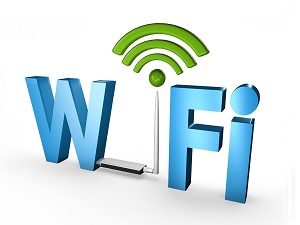 You’re finally settling in to working from home, but are you fully maximizing your internet connection? If you’ve found yourself battling the buffer, here are some things to try to boost your connection speed:
You’re finally settling in to working from home, but are you fully maximizing your internet connection? If you’ve found yourself battling the buffer, here are some things to try to boost your connection speed:
- Reboot/restart your Router/Modem – It is advisable to reboot or restart your router/modem routinely. You should either reboot your router through the router’s web interface if your know how or, if you don’t, power-cycle (unplug the power cord of the router/modem from the power outlet for 5 seconds and plug it back in) it every month or two to give the device a break and refresh your internet connection. If you experience serious speed issues, you might consider rebooting/power cycling your router more frequently. NOTE: Reboot if different from “Reset.” If you see a button on your modem/router that says “Reset,” do NOT press it. It will reset your device to factory defaults and render it useless.
- Update the Router/Modem firmware and software regularly – Your router/modem has its own software that needs to be updated regularly. You can log in to your modem by following your brand’s instructions to a site where you can update and tweak your settings. You also need to consider updating your computer’s desktop version, operating system, etc. as often the wireless settings become less compatible over time.
- Get a Wi-Fi Extender – A Wi-Fi extender works similar to a Wi-Fi repeater to boost your internet signal to other rooms. The advantage is that extenders are less likely to limit your bandwidth than Wi-Fi repeaters, and they provide connected devices with a strong internet connection.
- Upgrade/ Purchase a newer Router/Modem – One of the biggest issues causing slow internet speed is an aging router/modem. A more modern unit will have high-end specs that could fully utilize your Internet Subscription. Many local providers will upgrade your router/modem for free as a part of their service.
- Scan for Viruses/Malware – Run a computer virus/malware scan routinely because viruses can live on your computer and suck resources away from what you are doing. This can slow down your speeds and risk infecting other devices on your network.
- Contact your ISP – If all troubleshooting has been performed and you’re still experiencing a slow internet connection, it is time to contact your ISP and ask them for a line test and investigation.

